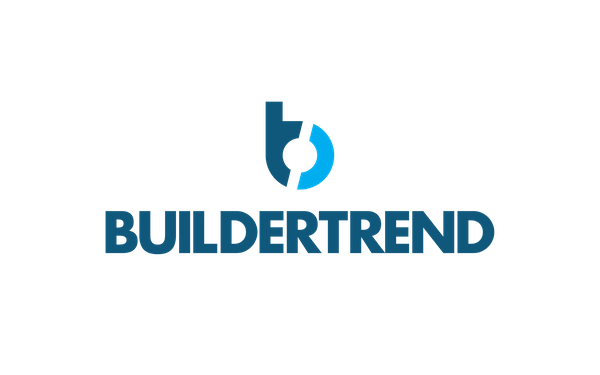Buildertrend is on a mission to disrupt the residential construction industry with data playing a key role. We sat down with SVP of Data and Research Luke Christiansen and Data Strategist Preston Badeer to understand how they ensure their data initiatives drive business impact for the company and their customers, the role Dataiku now plays in their data projects (think: drastic time savings), and their key use cases.
Why Dataiku?
The team at Buildertrend has a very collaborative process, inspired by agile principles. Every three weeks, they have sprint planning and sprint showcasing meetings with the executive and management team, allowing them to ideate in a multi-persona context, align on project priority, and iterate as a team to share progress and results in a meaningful way. So far, the principles are proving to be a very effective way for the team to deploy impactful data science projects.
They were looking for a data science platform to further improve speed and agility, as well as enable all parts of the company to collaborate on data projects. They want to leverage data science to do business in a better way and make residential contractors more efficient at their work. Simultaneously, they wanted to empower their data scientists to be in a business problem-solving mindset, with the right tools and resources at their disposal. They embarked on an extensive evaluation process for choosing a data science platform and ultimately ended up choosing Dataiku.
What Dataiku Brings to the Table
Thanks to Dataiku, Buildertrend was able to:
- Drastically improve speed to value, as it took three hours instead of three days to deploy the churn prediction model with Dataiku, which automatically flagged at-risk accounts.
- Continuously reduce churn probability among its customer base.
- Increase the amount of data they now include in their models. They have moved from thousands of rows of data to millions of rows of data, whereas previously, they were limited in terms of sharing power.
- Automate repetitive, low-value tasks such as rerunning models on a weekly basis.
- Improve their overall documentation best practices.
AI & Machine Learning Use Cases at Buildertrend
Buildertrend is intent on disrupting the more than $514 billion U.S. residential construction market with a data-driven approach. Two of their main focuses currently include churn reduction and smart customer messaging.
With regard to the former, the team at Buildertrend efficiently targeted at-risk accounts to drastically reduce churn by 60%, a number that has only increased since they implemented Dataiku. Initially, the data scientists created a churn probability model in a Python notebook, identifying some customers to be in a control group to test its accuracy. They would take a list of the potential churners manually created by the data scientists and encourage them to check in with their customer service representative.
Over time, the process was wholly automated by Dataiku — customer service representatives now receive automatic notifications of potential churners and an estimate of how soon they are going to churn — and the team has been able to spread internal adoption of their churn reduction model.
Additionally, Buildertrend leverages Dataiku to help identify the right content to push to a certain user at a certain time. The smart messaging system (which is tied to Salesforce) measures feature usage across the entire customer base and the health of individual users relative to optimal usage thresholds. Through Dataiku scenarios (which involve automating a sequence of actions), Buildertrend knows when people are crossing those identified thresholds and uses them to trigger the “Next Best Action” with personalized content delivery.

